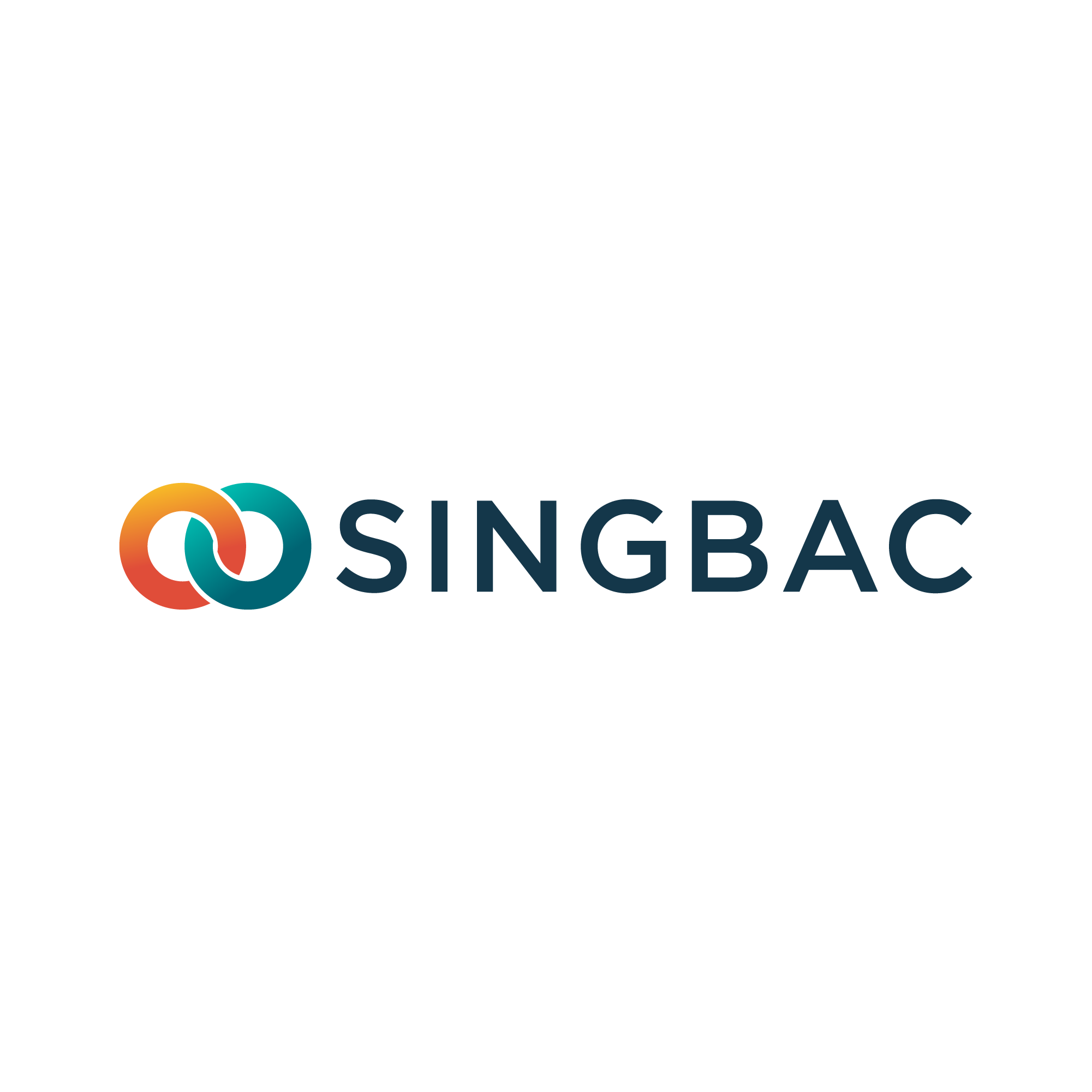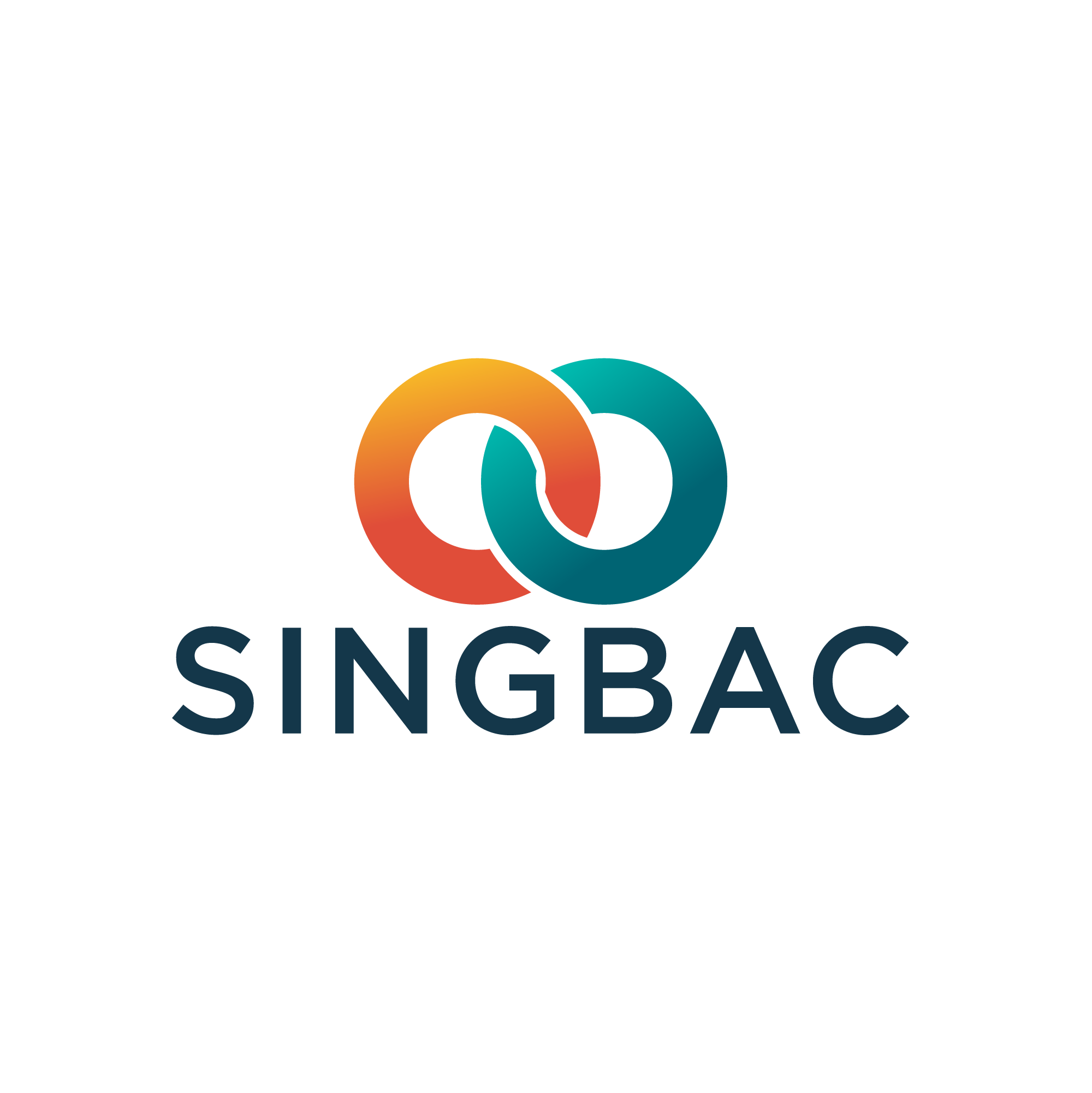When setting up a business in Singapore, understanding the types of companies in Singapore and selecting the appropriate structure is one of your most important decisions.
Your choice will directly impact your legal obligations, tax liability, and operational flexibility.
This guide covers the main company types available to help you make an informed decision for your venture.
Private Limited Company (Pte Ltd)
The Private Limited Company represents the most popular business structure in Singapore among incorporated businesses.
Among all types of companies in Singapore, business owners favor this structure because it offers protection, flexibility, and growth opportunities.
A Pte Ltd company operates as a separate legal entity from its owners, with shareholding limited to a maximum of 50 individuals or corporate entities.
Key Features:
- Maximum 50 shareholders allowed
- Shareholders have limited liability protection
- Company exists independently of its owners
- Can enter contracts and own property in its own name
- Eligible for various tax incentives and benefits
Advantages for Business Owners
The separate legal entity status means shareholders face liability only up to their investment amount. This protection shields personal assets from business debts and obligations.
The structure also provides continuous existence, ensuring business continuity regardless of ownership changes.
Singapore’s corporate tax rate of 17% applies to Pte Ltd companies, along with various incentives for qualifying businesses. The structure facilitates easier access to business loans and investment opportunities compared to other entity types.
Statutory Requirements
Every Pte Ltd company must maintain at least one local director (also known as a nominee director) who is either a Singapore citizen or permanent resident residing in Singapore.
A company secretary must be appointed within six months of incorporation, and annual compliance includes filing returns, conducting audits unless exempted, and holding annual general meetings (AGM).
Also Read: What is a Nominee Director and Does Your Company Need One?
Exempt Private Company
An Exempt Private Company operates under similar principles to a standard Pte Ltd but with additional restrictions. The shareholding is limited to 20 individuals only, excluding any corporate shareholders.
This structure suits smaller, closely-held businesses where owners prefer tighter control over ownership.
The exempt status provides certain regulatory advantages, including simplified compliance requirements and potential audit exemptions under specific conditions.
However, the restricted shareholding limits growth options compared to standard private companies.
Public Companies
Public Company Limited by Shares
This structure suits businesses requiring more than 50 shareholders or planning to raise capital through public offerings.
Public companies can list on the Singapore Exchange and issue shares to the general public after registering an initial public offering (IPO) prospectus with the Monetary Authority of Singapore (MAS) – a detailed document that discloses the company’s financial information and business details to protect potential investors, making them suitable for larger enterprises that need significant capital raising.
Public companies face more stringent regulatory requirements, including mandatory audits, detailed financial reporting, and compliance with securities regulations.
Public Company Limited by Guarantee
Primarily used by non-profit organizations, charities, and professional associations, this structure operates without shareholders. Instead, members guarantee specific amounts toward company liabilities.
The company cannot distribute profits to members, making it suitable for organizations focused on social or professional objectives rather than profit generation.
Also Read: Setting Up a Company Limited by Guarantee in Singapore
Foreign Company Options
International businesses entering Singapore can choose from three main approaches among the types of companies in Singapore, each serving different strategic purposes.
Subsidiary Company
A subsidiary operates as a separate legal entity owned by the foreign parent company. This structure provides complete independence in Singapore operations while maintaining the benefits of local incorporation.
Subsidiaries enjoy the same advantages as locally incorporated companies and face the same regulatory requirements.
Branch Office
A branch office extends the foreign parent company’s operations into Singapore without creating a separate legal entity. All liabilities and obligations remain with the parent company.
This structure is for businesses testing the Singapore market or requiring direct parent company involvement in local operations.
Representative Office
Representative offices serve administrative and market research functions only.
They cannot engage in commercial activities or generate revenue in Singapore.
This temporary business structure helps companies establish market presence before committing to full operations.
Alternative Business Structures
While companies represent the most common choice, Singapore offers other business structures for specific situations.
Partnerships operate as relationships between individuals conducting business together. General partnerships provide no liability protection, while Limited Liability Partnerships (LLP) offer some protection as separate legal entities.
Sole Proprietorships represent the simplest structure for individual business owners but provide no liability protection. The owner is personally responsible for all business obligations and pays tax at personal income rates rather than the corporate rate.
This table summarizes the various types of companies in Singapore and their features.
Business Structure | Features |
Private Limited Company (Pte Ltd) | 1. Separate Legal Entity: Can enter contracts, own property, and sue or be sued in its own name. |
2. Limited Liability: Shareholders are only liable up to the amount of their investments. | |
3. Tax Benefits: Enjoy lower corporate tax rates (17%) and tax incentives. | |
4. Perpetual Succession: Continues to exist even with changes in ownership or management. | |
Exempt Private Company | 1. Same advantages as Pte Ltd, but with a maximum of 20 shareholders. |
Public Company Limited by Shares | 1. Ability to raise capital by offering shares to the public. |
2. No cap on the number of shareholders, typically listed on the stock exchange. | |
Public Company Limited by Guarantee | 1. Suitable for non-profit organizations and charities. |
2. No shareholders; members guarantee a certain amount toward company liabilities. | |
3. Profits are reinvested into the organization’s activities. | |
Foreign Subsidiary Company | 1. Independent legal entity that allows for more flexibility in operations. |
Foreign Branch Office | 1. Operates as an extension of the parent company, easy to set up. |
Representative Office | 1. Ideal for market research and administrative functions. |
2. No income-generating activities, so no tax implications. |
Selecting the Right Type of Company in Singapore
Singapore provides several business structures for different company needs.
The Private Limited Company is the most common choice among the types of companies in Singapore, offering liability protection and favorable tax treatment.
Your decision should align with your business objectives, funding requirements, and operational plans. Each structure has specific compliance obligations and benefits that suit different business models.
Frequently Asked Questions
- Which type of company is best for foreign business owners in Singapore?
The Private Limited Company (Pte Ltd) is the most popular choice for foreign business owners. It provides liability protection, allows up to 50 shareholders, and offers Singapore’s 17% corporate tax rate.
You’ll need at least one local director (also known as nominee director) who is a Singapore citizen or permanent resident.
- What’s the difference between a subsidiary and a branch office?
A subsidiary is a separate legal entity in Singapore with its own rights and obligations. A branch office is just an extension of your foreign parent company – all liabilities remain with the parent company.
Most businesses choose subsidiaries for better protection and local credibility.
- Can I set up a company in Singapore without living there?
Yes, but you must have at least one local director (also known as nominee director) who is a Singapore citizen or permanent resident.
You’ll also need a registered Singapore address for your company and must appoint a local company secretary within six months.



